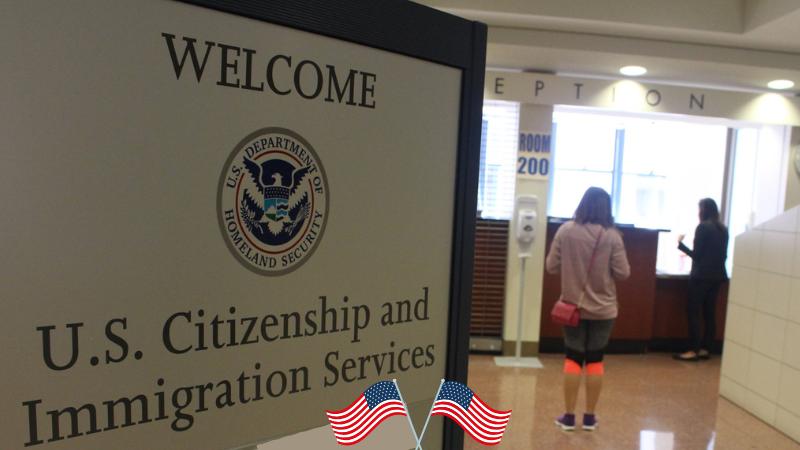
- greensea
- 17 Jan 2025 01:59 AM
- Visa & Immigration
The Edakunni v. Mayorkas Settlement: Key Details and Implications as Expiration Looms
The Edakunni v. Mayorkas settlement, enacted in 2023, provided much-needed relief to H-4 and L-2 dependents—the spouses and children of H-1B and L-1 visa holders—by reinstating simultaneous adjudications for dependent status and work authorization applications. This practice aimed to resolve significant delays caused by previous policy changes and addressed gaps in work authorization and other critical benefits for dependents.
Background of the Settlement
Under the settlement, U.S. Citizenship and Immigration Services (USCIS) agreed to return to its prior practice of concurrently processing dependent applications (Forms I-539 and I-765) when filed together with the principal applicant’s petition (Form I-129). This change was especially significant for H-4 and L-2 spouses, as it ensured timely adjudication of their employment authorization, enabling them to maintain continuous work authorization and access to essential services like driver’s license renewals.
Before the settlement, USCIS had introduced a biometrics requirement during the Trump administration, which led to the "unbundling" of adjudications for concurrently filed applications. This resulted in significant delays, causing dependents to experience weeks or even months without valid status documents or work authorization. The Edakunni v. Mayorkas settlement was a response to these challenges, providing a more efficient pathway for dependent spouses to maintain legal status and employment.
Key Terms and Expiration of the Settlement
The settlement took effect on January 25, 2023, and is set to expire on January 18, 2025. Under the terms of the agreement:
-
USCIS was required to adjudicate concurrently filed applications for dependent status (Form I-539) and employment authorization (Form I-765) alongside the principal applicant’s petition (Form I-129).
-
This streamlined process helped eliminate delays, allowing H-4 and L-2 dependents to maintain work authorization and access timely renewals for other essential benefits tied to their legal status.
However, once the settlement expires, USCIS will no longer be obligated to continue this practice. At this time, USCIS has not issued any guidance or announcements regarding the extension of the settlement terms or whether it will adopt them as a permanent policy.
Implications of the Expiration
The potential expiration of the settlement could bring back the delays and challenges experienced by H-4 and L-2 dependents prior to its implementation. These include:
-
Gaps in Work Authorization: Without concurrent adjudications, dependents could face delays in obtaining or renewing their employment authorization documents (EADs), leading to disruptions in their ability to work.
-
Impact on Legal Status: Processing delays could result in dependents being left without valid status documents, affecting their ability to access nonimmigration benefits like driver’s licenses.
-
Uncertainty for Families: Dependents may experience prolonged uncertainty about their ability to maintain legal status and employment in the U.S., causing stress for families reliant on dual incomes.
What’s Next?
With the expiration date fast approaching, stakeholders and advocacy groups are urging USCIS to provide clarity on its plans. The decision to extend or adopt the settlement terms permanently would have significant implications for thousands of H-4 and L-2 dependents and their families across the United States.
Until further guidance is issued, those affected should consider consulting with immigration attorneys to explore alternative strategies for maintaining their status and work authorization. Employers should also be aware of potential delays and plan accordingly to support affected employees.
The expiration of the Edakunni v. Mayorkas settlement highlights the ongoing need for streamlined immigration processes that minimize disruptions for dependent visa holders and their families.






































